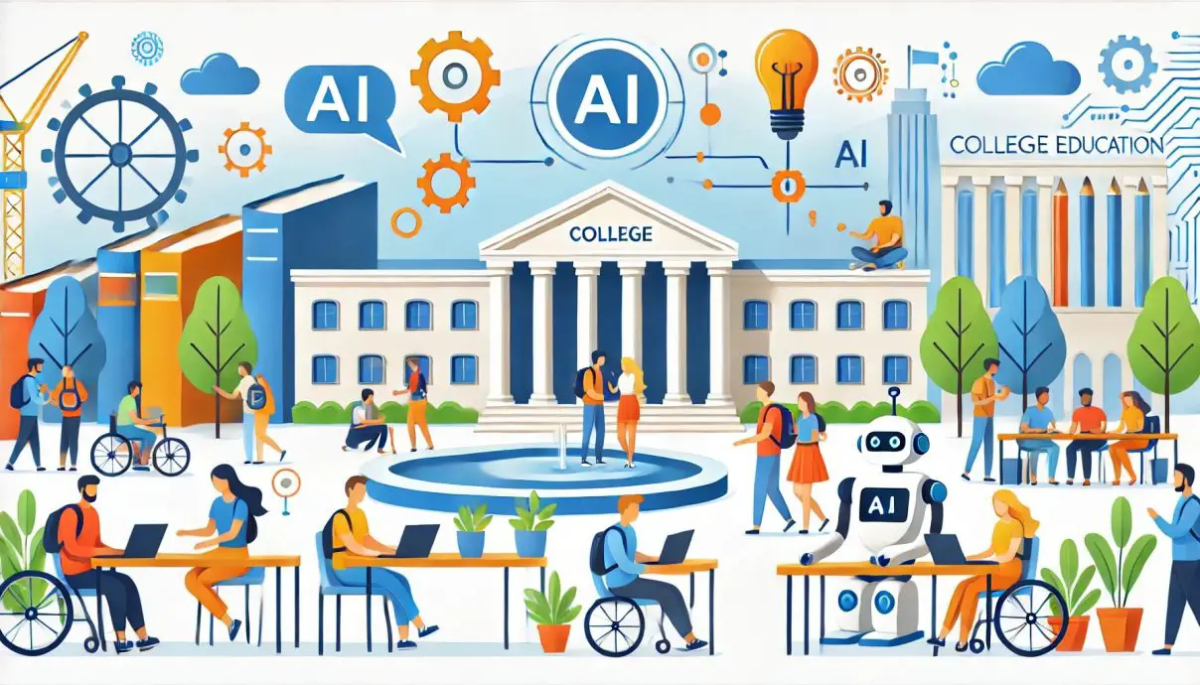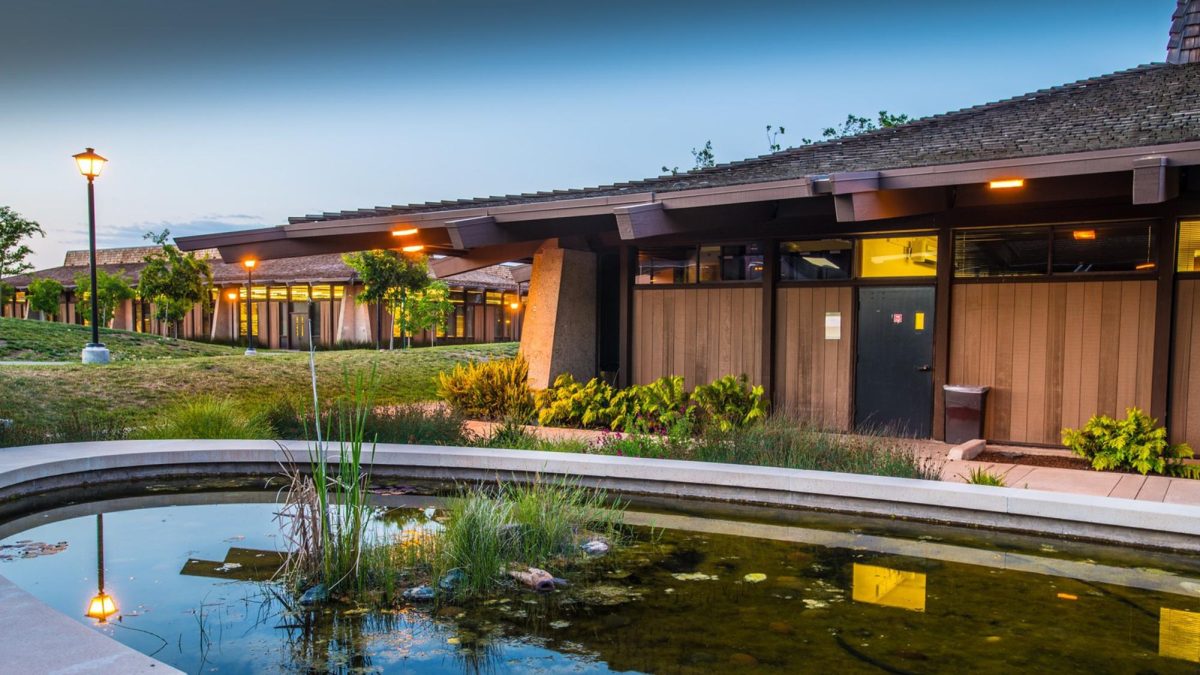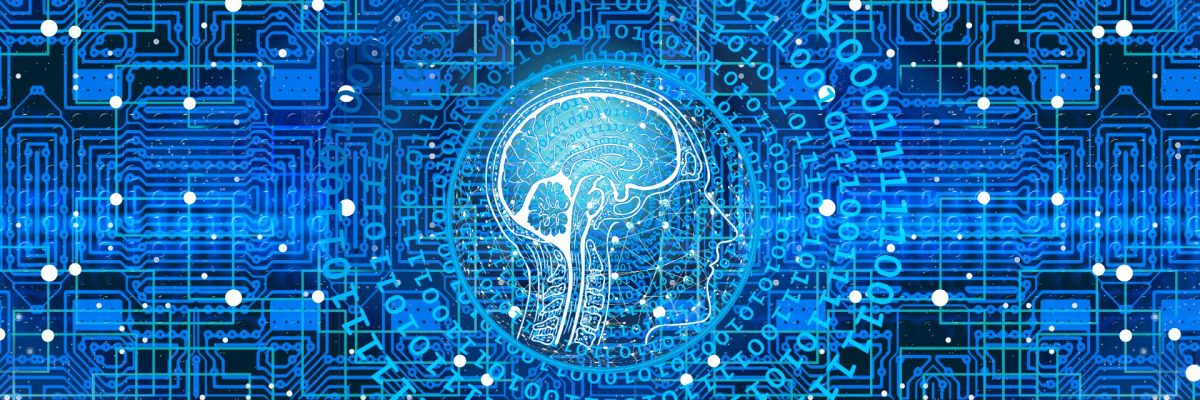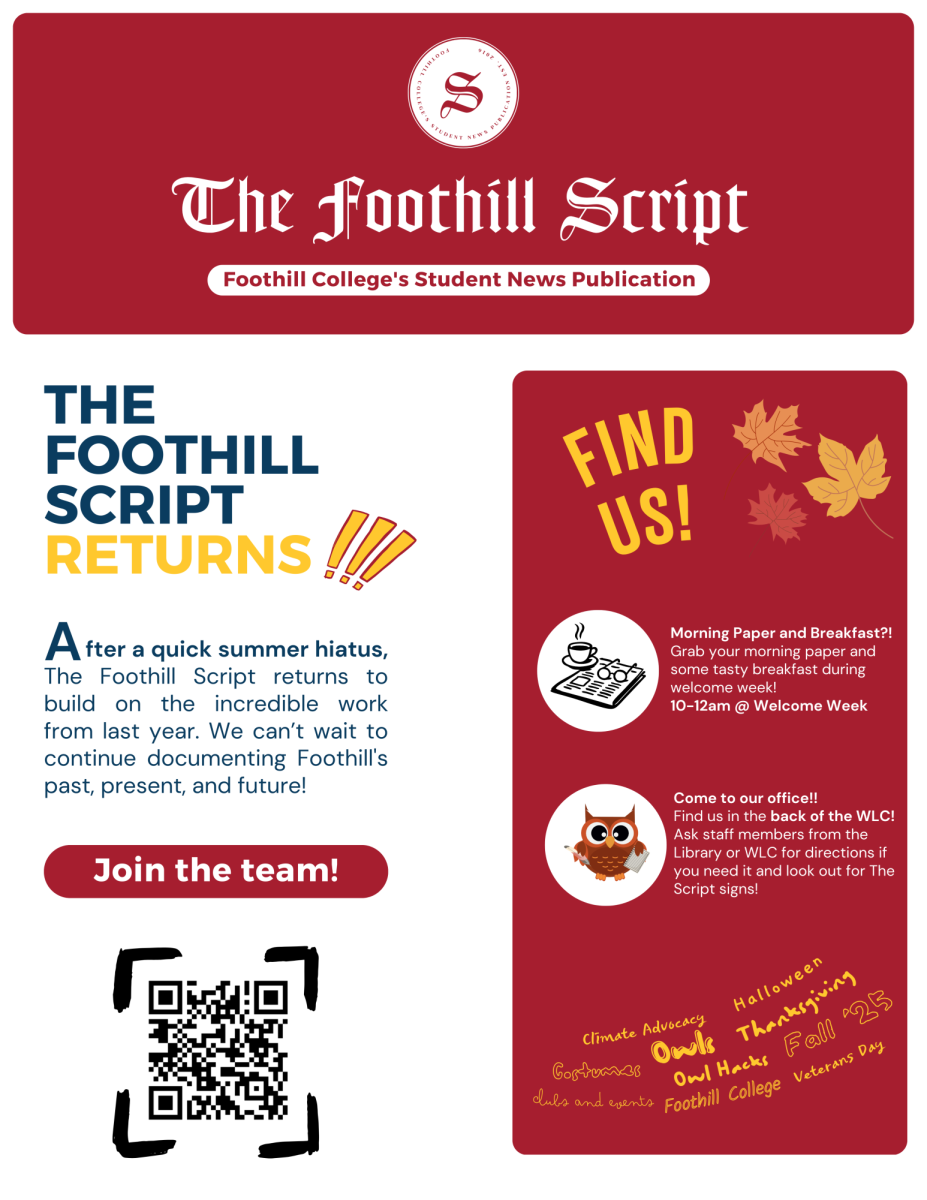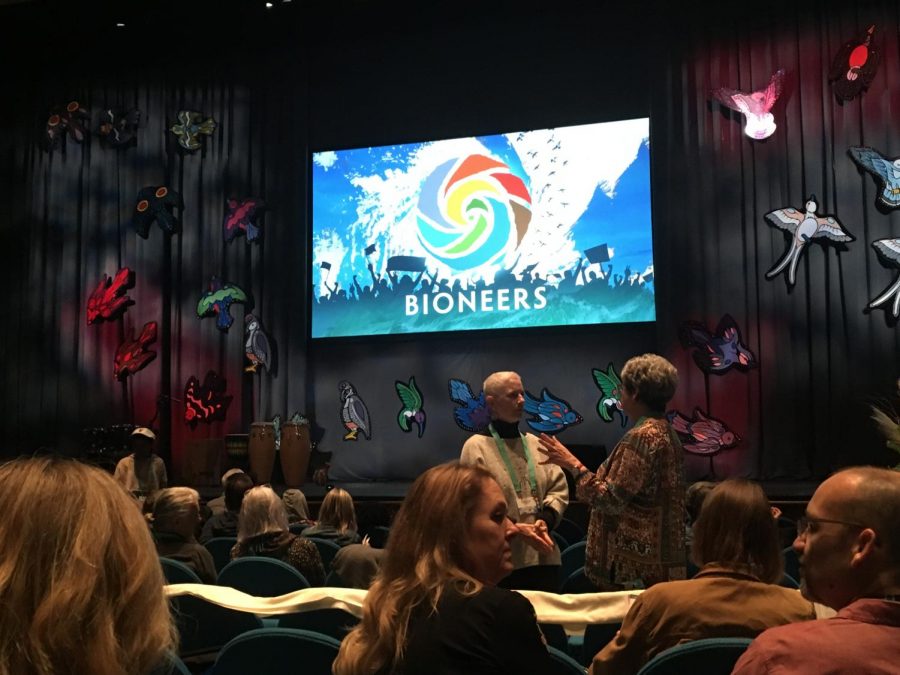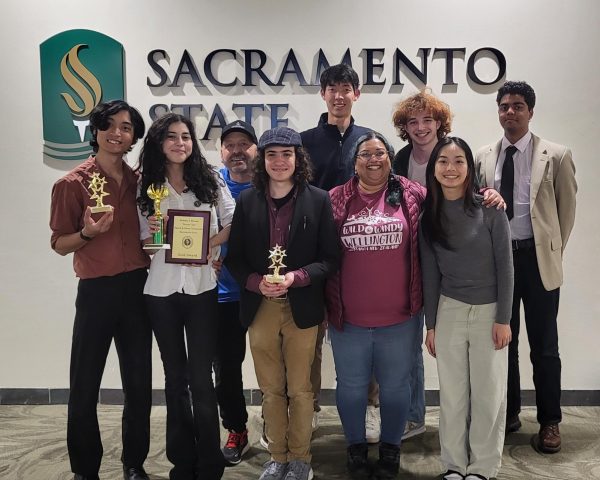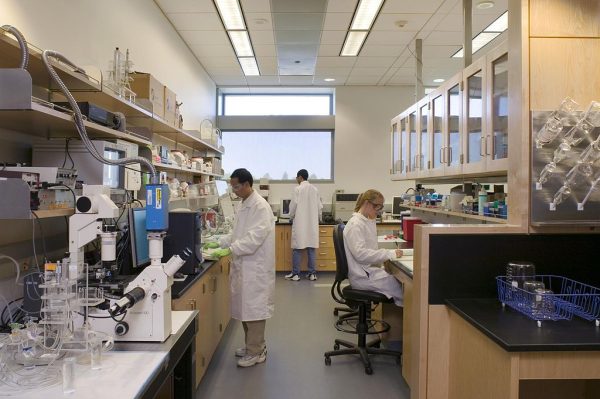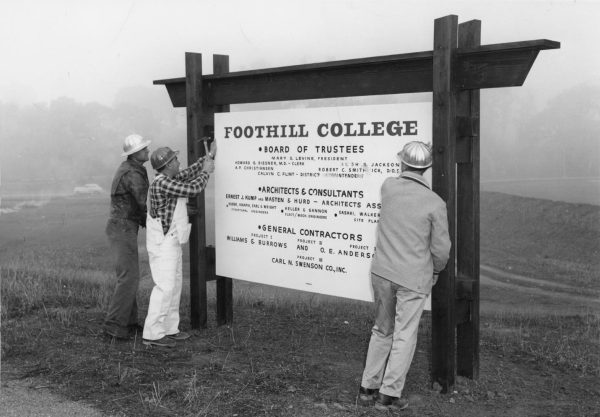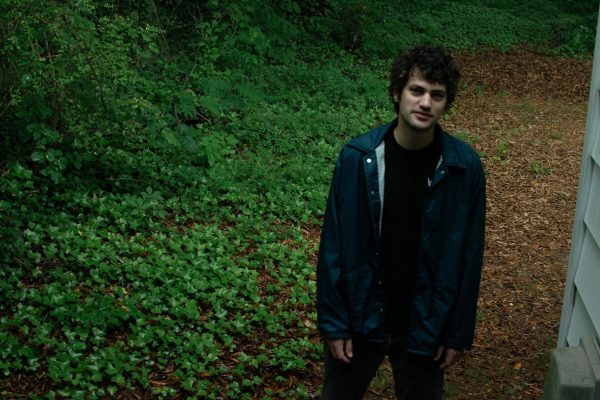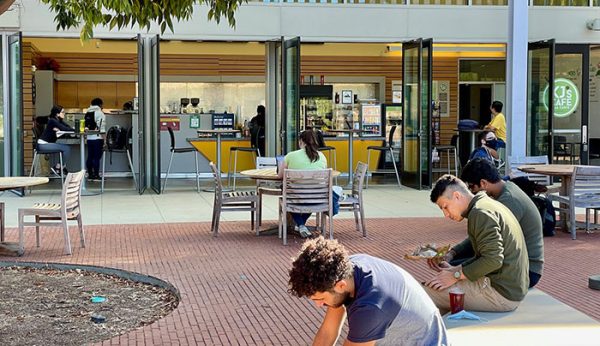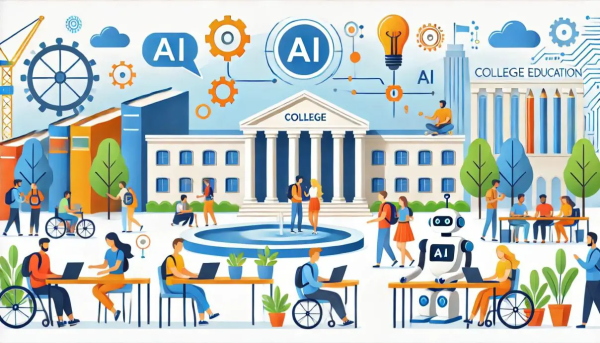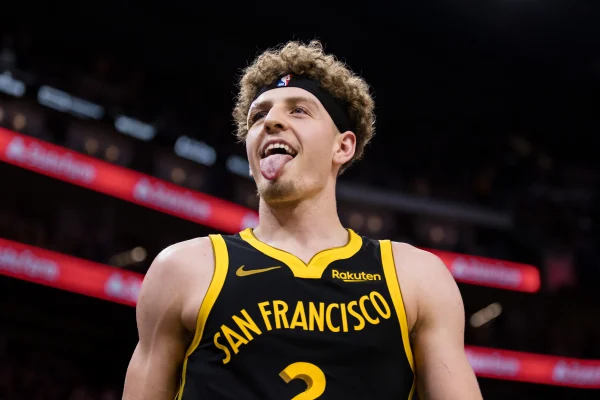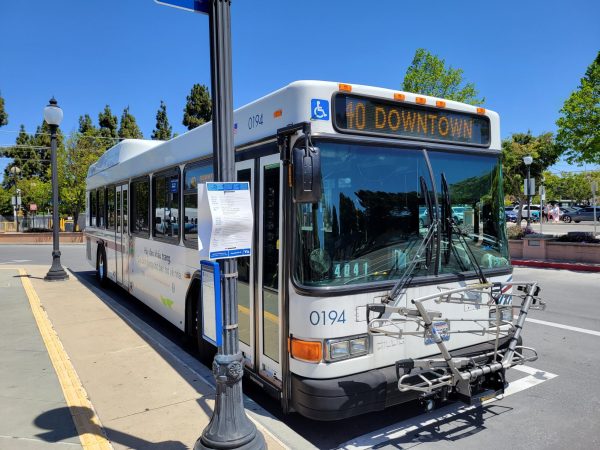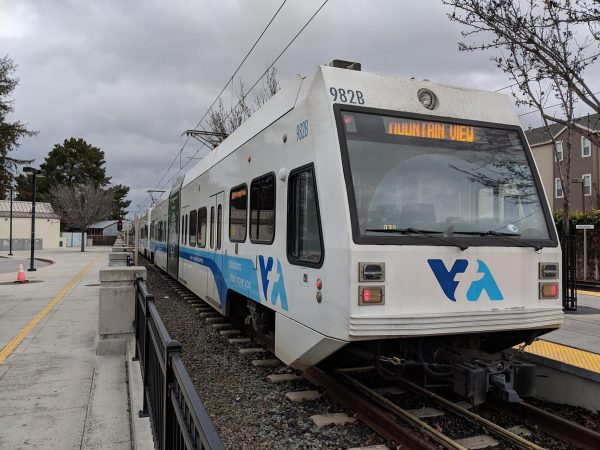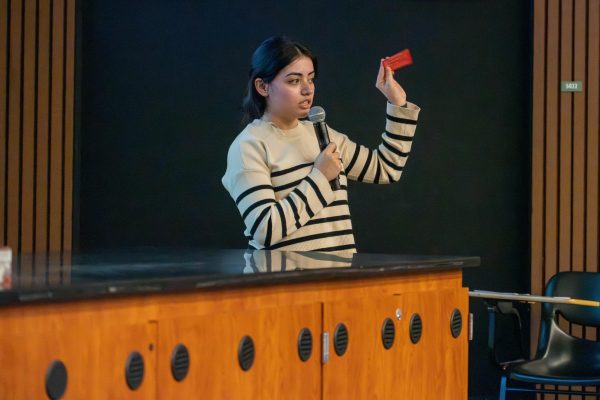My Experience at Bioneers 2017: Rise Up and Confront Climate Change
At the inaugural morning of this year’s Bioneers conference, 18 Foothill students sat in the audience as the talented Afia Walking Tree and Deb Lane performed a blood pumping chorus of lively drumming. As a newcomer to Bioneers, I wasn’t expecting something so lively and indulgent so early in the morning, especially at a three day conference centered around climate change and environmentalism.
This performance was just the first in an array of multi media projects and presentations centered around important environmental topics. The event spanned the entire weekend, drawing a vast audience of both youth and adults.
The theme of this year’s conference was Uprising, and was centered around action-based environmental education. Spanning three days, the national conference provided insight into issues affecting our world and introduced attendees to different ways of looking at solutions through new scientific breakthroughs, various cultures, and differences in privilege and circumstance. The ability to approach environmental issues from various viewpoints is one reason why Bioneers is so important: the key to solving today’s global problems, especially the problem of climate change, should focus on inclusion and collaboration.
“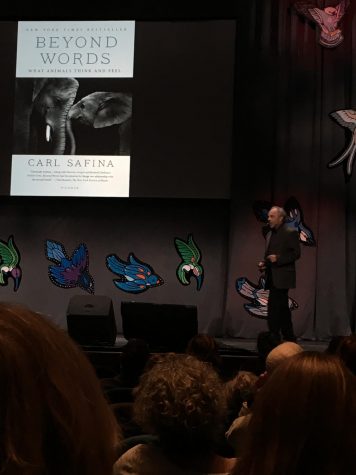 Foothill Bioneers Students
Foothill Bioneers Students
We Are Not Alone: What Animals Think and Feel”
The talk “We Are Not Alone: What Animals Think and Feel” given later Friday morning was presented by world renowned author Carl Safina. Safina began the talk with the age old question “Does my really dog love me?”, but ended powerfully by asking the audience rather if they really love their dogs. Safina artfully suggested the presence of deeper thought processes in not only Fido’s brain but all of our fellow creatures. He discussed anxiety disorders in mice, communication between groupers and moray eels during cooperative hunting sessions, and the elephant’s ability to differentiate not only between different human languages, but different human cultures as well. He used these details to illustrate the flawed capacity of anthropomorphism, or giving a non-human entity human characteristics: animals already have humanlike emotions, and we should not superimpose them purely due to a failure to understand.
“A New ‘We The People’ For A Sustainable Future”
Refocusing from animal sentience to human rights, Heather McGee, president of Demos, gave a speech titled “A New ‘We The People’ For A Sustainable Future”, on Saturday morning. She discussed the implications of America’s flawed democratic system, and highlighted the power of Demos, the root word of democracy, from Latin “people.” McGee also pointed out the difficult truth that our economy was founded on slave labor and serviced on land stolen from Native Americans. She used this point to delineate that in order to further our country’s democratic and civil dynamism, we need to face the reality of our country’s racist, sexist, and ultra-capitalist past and present, and work towards a system that aims for equality and tolerance instead of bigotry and prejudice.
Panel: Shaping Stories of Native American Tribes
Later in the day, a panel highlighted a different worldview through shaping stories from various Native American tribes. The clear theme was that these stories, told to children from a young age, help foster responsibility and respect for nature and one’s surroundings in Native youth. One that stuck out to me was a creation story recounted by Calvin Hedrick of the Mountain Maidus. He spoke of a chaos filled forest and the animals who lived there, and told how a badger wanted to bring calm to the forest. He gathered all the animals together to create a new being that would protect and guide them. Each animal offered the creation a gift: the hawk gave the gift of sight, the lizard gave the gift of hands, and the eagle gave the gift of carrying prayers to the gods. The result was the creation of the first human, designed to watch over the forest and the animals, and keep balance in the world. This story speaks volumes about the worldview held by listeners of this story: that humans are the protectors of the world and environment.
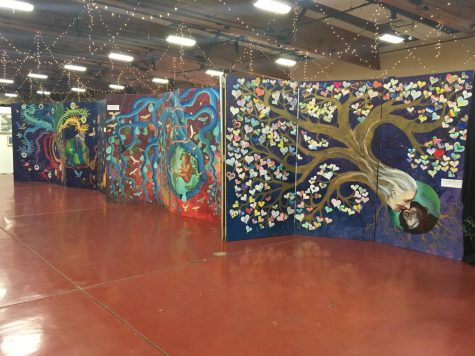 Foothill Bioneers Students
Foothill Bioneers Students
“Co-Creating Alternative Spaces to Heal”
Given Sunday morning by John A. Powell, director of the Haas institute at Berkeley, “Co-Creating Alternative Spaces to Heal” introduced the concept that the opposite of “othering” people — or excluding and discriminating a set of people from a group or populous — is not “saming” those people, but rather fostering a sense of overarching belonging between everyone and including the new population completely. Powell explains this by defining “saming” as welcoming a certain subset of people into a group, but only if they change pieces of their culture and ideals to fit in with the rest of the community, essentially assimilating them into the mass populous. “Belonging” on the other hand, Powell describes as a way to bridge communities and support a respect and celebration of differences in separate cultures.
“The Special Indigeneity Performance: The Story of Everything”
To bring the conference to a close,“The Special Indigeneity Performance: The Story of Everything” by Kealoha took topics discussed at the conference and from the real world and bundled them into a display of poetry, music, theater, science, and pop culture references. The author and creator Kealoha is a Hawaiian native, as well as the first poet Laureate of Hawaii, and has dedicated his life work to creating meaningful examples of performance theater. Following the creation of the universe all the way into the distant future, Kealoha tells the story of just about everything in his performance. Through the combination of ancient creation stories with modern science and culture, he creates an immersive experience that culminates in the eventual intertwining of seemingly disparate stories and points.
In short, Bioneers wasn’t anything like I expected. What I thought would be an endless (yet essential) set of talks about climate change and environmental issues was actually a multifaceted, lively, multicultural event filled to the brim with information. I learned how to face the wide array of problems discussed head on and actually work towards finding a solution. Most importantly, though, I learned that the greatest threat to our planet is the belief that someone else will save it.

